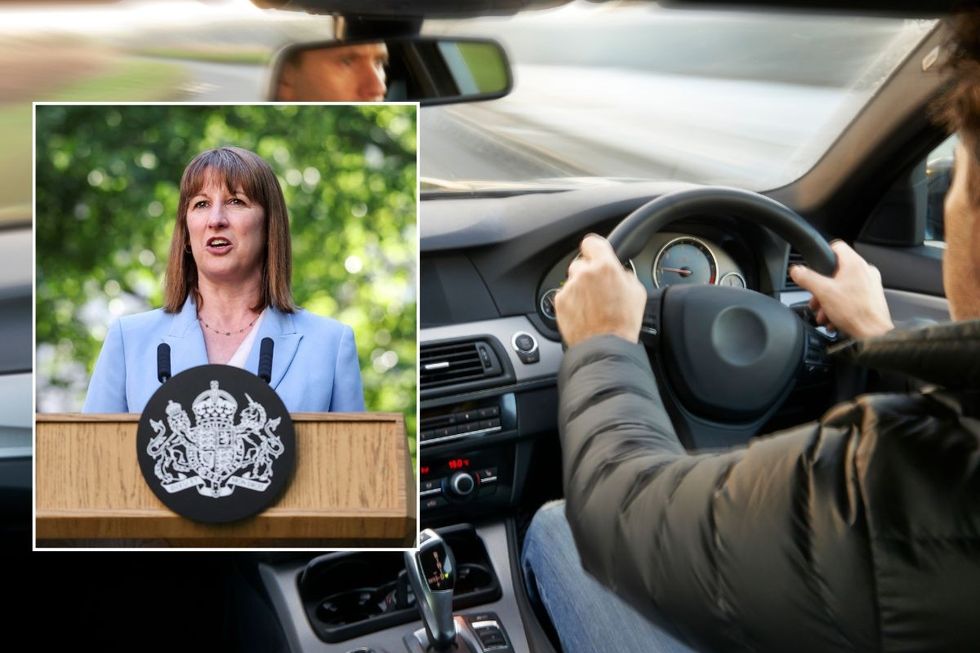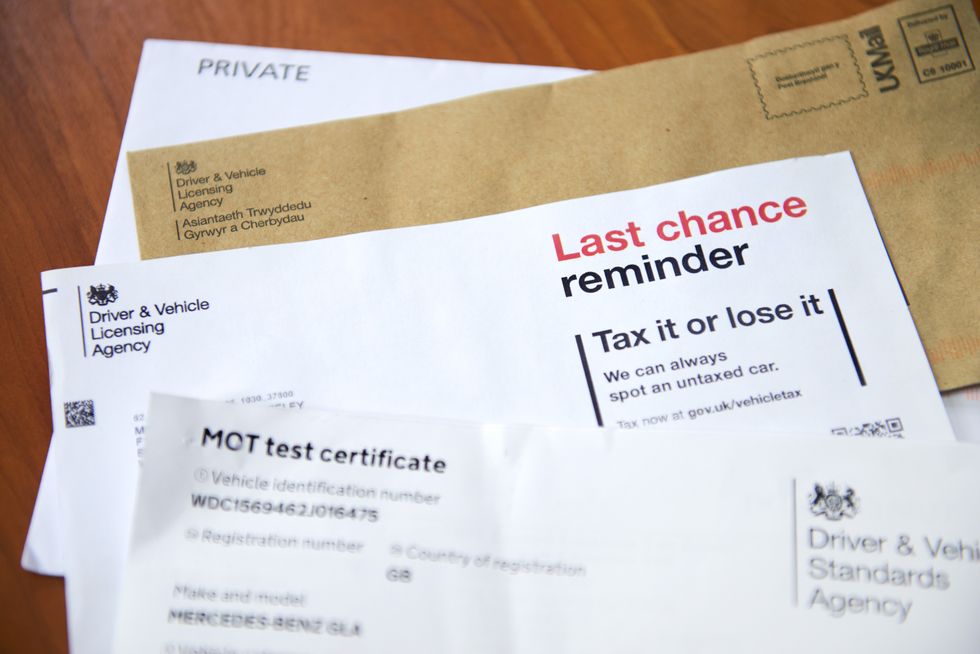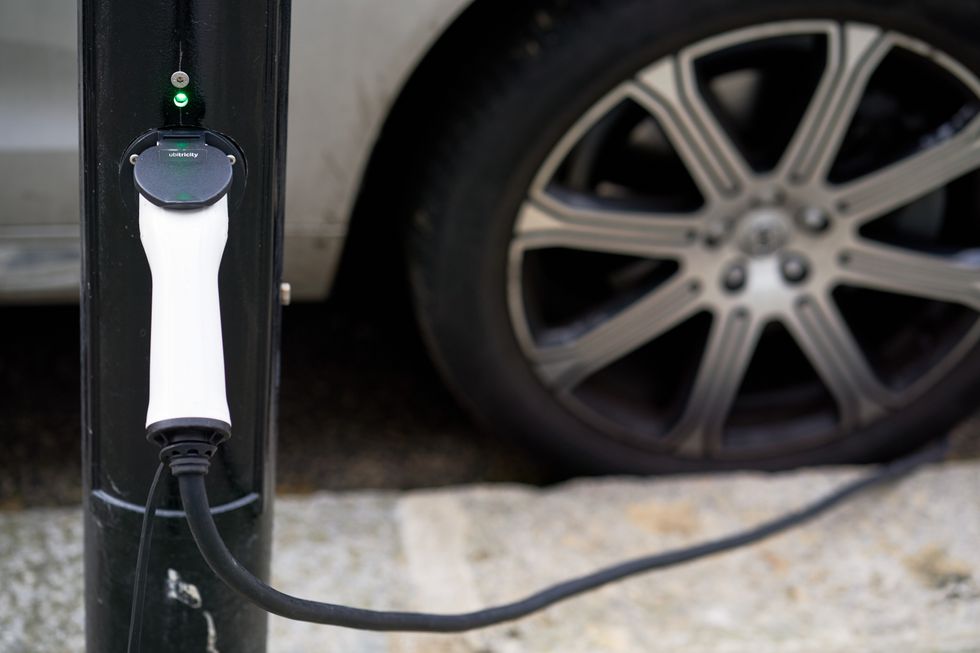Rachel Reeves’ upcoming Autumn Budget concerns have prompted one out of five drivers to consider giving up their car altogether.
The Budget, which will take place next Wednesday, will see the Chancellor announce new tax measures for 2026, with drivers warned of cost hikes.
Experts have revealed that 24 per cent of drivers would look to give up their vehicles if car taxes continue to rise.
However, as more drivers look to buy EVs, it is expected that Ms Reeves will address the lapsing car taxes at the Autumn Budget, with fears she could introduce new measures.
In April this year, new Vehicle Excise Duty rates came into effect, with electric cars paying the tax for the first time in a bid for the Treasury to claw back shortfalls from fuel duty.
Under the new measures, some drivers are required to pay almost 100 per cent more for the first year of tax than in previous years.
For example, a car polluting between 76-90g of CO2 per kilometre saw costs rise from £135 to £270, while the most polluting vehicles at over 255g/km would see payments increase from £2,745 to £5,490 this year.
A recent survey found that two-thirds (65 per cent) of Britons view the cost of owning and running a car as too expensive, with one-fifth (22 per cent) stating they don’t use their car enough to justify having it.

Chris Lawson, head of car insurance at Jaunt, said: “Our research shows that the country’s drivers could be falling out of love with their cars.
“As household finances continue to feel the pinch, it’s not surprising that two-fifths of Britons we surveyed confirmed they’d rather spend their money on other things than car ownership.”
Despite many drivers wanting to give up their vehicles, data showed that there are a couple of significant barriers preventing car owners.
Public transport was seen to be the main alternative to car ownership, with one third (33 per cent) of respondents stating they regularly shun driving in favour of buses and trains.
LATEST DEVELOPMENTS
- Millions of drivers to see huge changes to UK motorways including M1, M4, M6 and more
- Labour denies plans to introduce pay-per-mile car taxes at Autumn Budget – ‘On the side of drivers’
- Porsche unveils first electric SUV with groundbreaking 400-mile range and wireless charging

However, a recent report from the National Audit Office revealed that bus services in England outside London have been in long-term decline, with 67 per cent of respondents warning that it has stopped them from being able to give up their vehicles despite costs.
It found that 84 per cent of respondents prefer to do their weekly shop by car instead of struggling home on public transport with several bags of goods when shopping.
Mr Lawson added that both private cars and public transport can be “prohibitively expensive” and that it’s understandable that 60 per cent of those surveyed use temporary car insurance or would consider using it in the future.

“When the average national household transport spend is £108 a week for car owners and just £13 a week for non-car users, you can see why some drivers are prepared to give up their car altogether,” he shared.
Debra Goodwin, chief customer officer at Stagecoach, said: “In today’s non-stop world with costs rising, considering alternative ways to commute into work is important.
“Taking the bus to work not only allows commuters to take time out to think and relax, but it’s also a cost-effective method of transportation to and from work.”
The Autumn Budget will take place on Wednesday, November 26.
Our Standards:
The GB News Editorial Charter







Follow